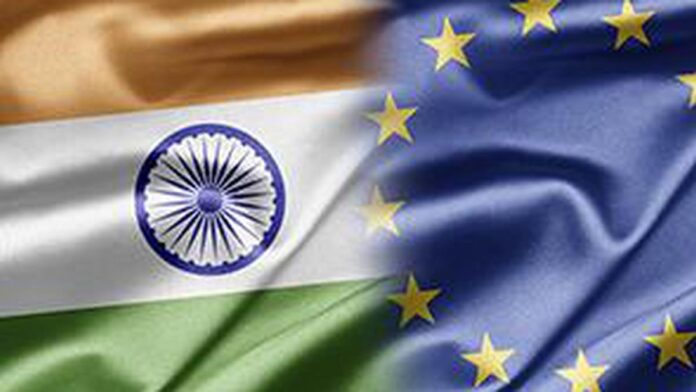In a bold move aimed at reshaping the global narrative on governance and democracy, India is working to introduce an alternative governance index that challenges the dominance of Western-led rating agencies and think tanks. The initiative, set to be pitched through a newly formed body in Brussels, signals New Delhi’s growing determination to influence international discourse and reduce reliance on Western-centric benchmarks.
For decades, global indices such as the Democracy Index, Press Freedom Index, and Rule of Law Index—mostly compiled by Western institutions—have been used as yardsticks to measure the quality of governance worldwide. Indian officials have repeatedly expressed concern that such rankings often reflect ideological biases, rely on selective data, and project a distorted picture of developing nations, including India.
The new governance index, backed by India, aims to provide a more balanced and representative assessment of governance standards by incorporating perspectives from the Global South. By setting up its platform in Brussels—the administrative heart of the European Union—India hopes to give the project legitimacy and ensure it resonates beyond Asia.
According to sources familiar with the plan, the proposed index will evaluate governance on parameters that go beyond political narratives, including efficiency of public service delivery, inclusivity of development, disaster response, technological innovation, and citizen satisfaction. This approach, Indian policymakers argue, would create a fairer and more multidimensional picture of how nations are governed.
Prime Minister Narendra Modi has previously criticized what he calls “data colonization” and the tendency of certain Western institutions to measure countries by “narrow and outdated yardsticks.” The push for a new index is being seen as part of India’s broader effort to promote multipolarity in global governance and to amplify the voice of emerging economies.
Analysts note that the timing of this initiative is significant. With India playing a more assertive role on the world stage—whether through its G20 presidency, leadership in the Global South dialogues, or increased influence in multilateral forums—the governance index reflects a growing confidence to set the terms of debate rather than merely respond to external assessments.
However, the move is not without challenges. Critics warn that unless the methodology of the new index is transparent, rigorous, and widely accepted, it risks being dismissed as a counterweight tool rather than a credible global benchmark. Securing participation from diverse international experts and ensuring institutional independence will be key to the index’s long-term success.
Still, New Delhi’s decision to anchor the body in Brussels underscores its intention to reach beyond domestic or regional audiences and to compete directly in the global intellectual and policy space. If successful, India’s governance index could mark a turning point in how international perceptions of democracy, development, and state capacity are shaped in the years ahead.



